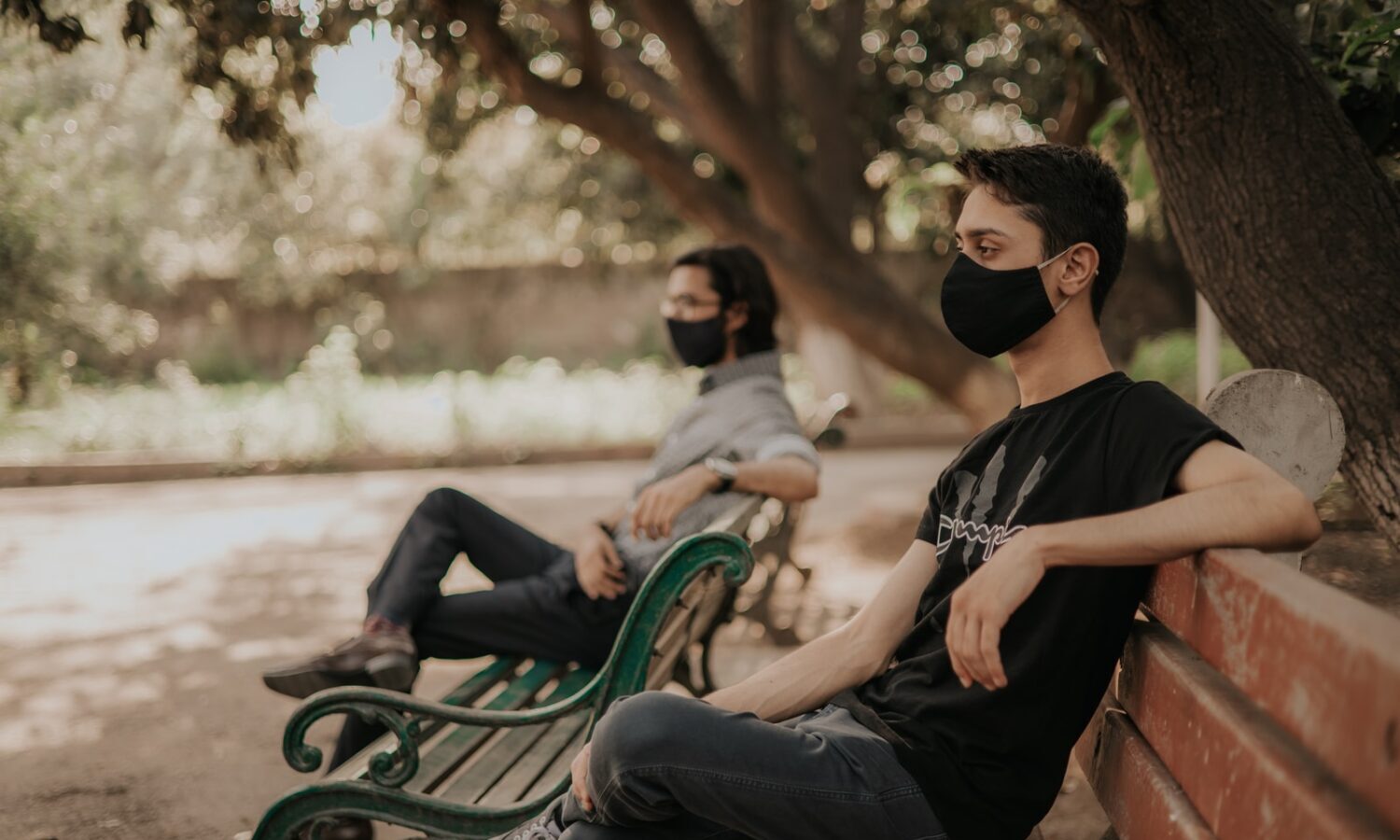
Why are some immune to COVID-19?
After two years of the pandemic, the majority of people have had first-hand experience of COVID-19. Still, there is a group of people who have not gotten infected, despite living their normal lives for the past few months and exposing themselves like everyone else. Researchers are trying to understand why.
A study is being conducted by Australian researchers studying COVID-19 cases in households to understand how the disease spreads and how some people remain immune to it, even when exposure should have caused them to become infected.
RELATED: COVID-19 Infection or Vaccine? Study confirms which is more effective for immunity
Photo by Maskmedicare Shop via Unsplash
RELATED: This easy-to-use COVID-19 treatment product could be available this year
“We can gain a lot of knowledge from people who are genetically and immunologically resistant,” said Dr. Vanessa Bryant to ABC Australia. “Of course, this will have implications for understanding the critical components necessary for COVID-19 protection. It will also pinpoint the essential therapeutic targets for [the treatment of] other people.”
She explains that everyone’s immune system is different, although the study posits there is a genetic component that influences who does or doesn’t get the disease. While those who are vaccinated have additional protection, once this wears off over time, immunity is dependent on the person’s genes. “It’s really variable,” she says.
When considering variables such as exposure and previous infection, the researchers believe there is a genetic component at play that makes some inherently more resistant to COVID-19 than others. A recent study supports these claims; Of 18 subjects exposed to COVID-19, all of whom were unvaccinated and had previous infections, half never contracted the virus.
No matter how cautious people are, it seems some are inherently more protective, despite masks, social distancing and more.

Post a comment: